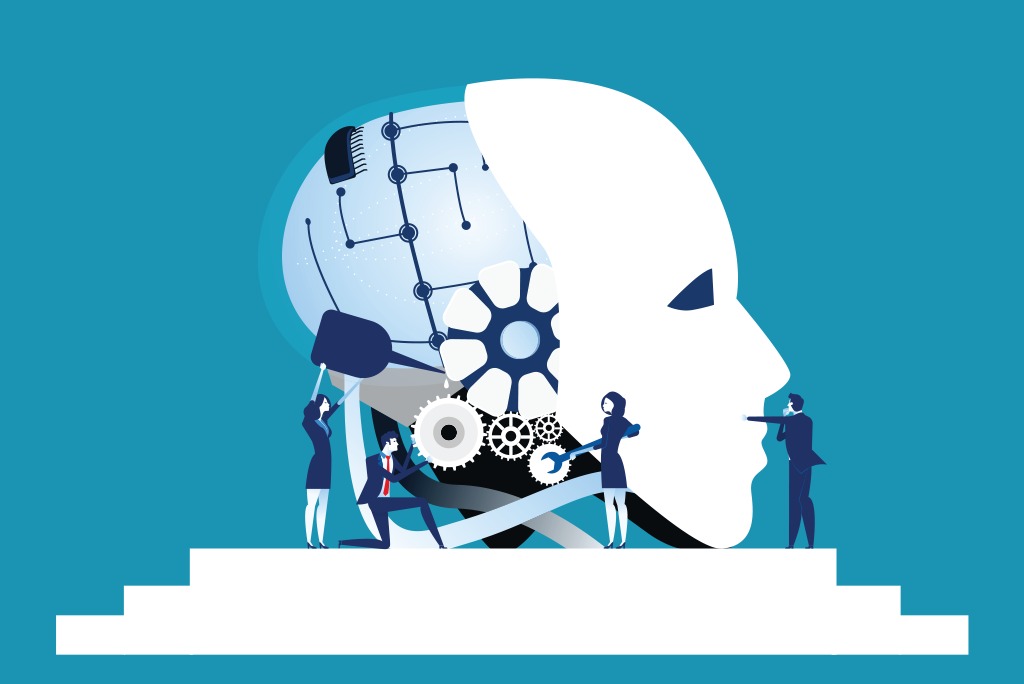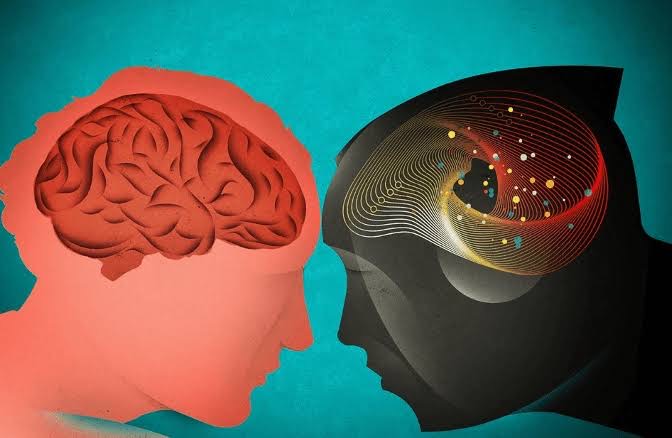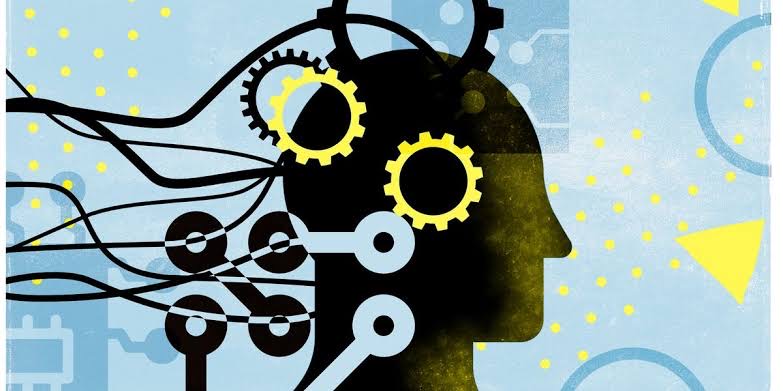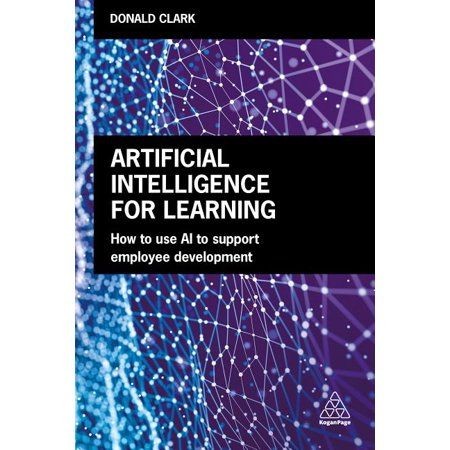The ethics of artificial intelligence: navigating the challenges of AI development and deployment.
Artificial intelligence is an increasingly pervasive technology, impacting everything from the way we work and communicate to the products we buy and the services we use. However, as AI continues to evolve and become more advanced, there are significant ethical challenges that need to be addressed. In this essay, we will explore some of the key ethical challenges of AI development and deployment, and examine the ways in which these challenges can be navigated
Ethical challenges of AI

One of the most pressing ethical challenges of AI is the potential for bias and discrimination. AI systems are often trained on historical data, which means that they may inadvertently learn and replicate existing biases and inequalities. For example, facial recognition systems have been found to be less accurate for people with darker skin tones, which can lead to unfair and discriminatory outcomes. To address this challenge, it is important to ensure that AI systems are developed with diversity and inclusion in mind and that they are regularly audited and tested for bias and discrimination. Artificial intelligence (AI) is an area of computer science that is rapidly evolving and has the potential to revolutionize virtually every aspect of our lives. However, with the growth and implementation of AI comes a host of ethical challenges. Here are some of the most pressing ethical challenges of artificial intelligence:
Bias and Discrimination: One of the most significant ethical challenges in AI is the potential for bias and discrimination. AI algorithms can be influenced by the data they are trained on, which can perpetuate existing biases in society. For example, facial recognition technology has been found to be less accurate for people with darker skin tones, potentially leading to discrimination in law enforcement and other contexts.
Privacy: AI systems are capable of collecting vast amounts of data on individuals, which can be used for purposes such as targeted advertising or surveillance. There is a risk that AI systems could be used to violate individuals' privacy, such as through facial recognition or other forms of biometric identification.
Autonomous Decision Making: As AI systems become more advanced, they will be capable of making decisions on their own without human input. This raises questions about accountability and responsibility. If an AI system makes a decision that causes harm, who is responsible? The programmer, the user, or the AI system itself?
Job Displacement: The widespread adoption of AI has the potential to lead to job displacement, particularly in industries where repetitive tasks can be easily automated. This raises ethical questions about the responsibility of governments and corporations to support individuals who are impacted by job displacement.
Transparency: There is a need for transparency in the development and use of AI systems. This includes making the algorithms used in AI systems transparent, as well as ensuring that individuals are aware of how their data is being collected and used.
Safety and Security: As AI systems become more advanced, they will become more capable of causing harm, intentionally or unintentionally. This raises concerns about the safety and security of AI systems, as well as the potential for malicious actors to exploit vulnerabilities in AI systems.
Accountability: There is a need for clear accountability structures for the development and use of AI systems. This includes ensuring that individuals and organizations are held responsible for the consequences of AI systems, as well as establishing clear regulations and ethical guidelines for the development and use of AI.
Another important ethical challenge of AI is its potential impact on employment. As AI systems become more advanced, they may be able to automate a wide range of jobs, potentially leading to significant job loss and displacement. This can have a profound impact on individuals and communities, particularly those who are already marginalized or disadvantaged. To address this challenge, it is important to develop policies and programs that support workers in transitioning to new industries and occupations and to ensure that the benefits of AI are shared more broadly across society.
AI is the potential impact on privacy
A third ethical challenge of AI is the potential impact on privacy and data protection. AI systems are often built on large amounts of data, and there is a risk that this data can be misused or mishandled, leading to breaches of privacy and security. To address this challenge, it is important to develop strong data protection and privacy laws and to ensure that AI systems are designed with privacy and security in mind from the outset.
AI has the potential to impact privacy in various ways. On the one hand, AI can be used to improve privacy by enabling more secure and efficient data processing and storage. For example, AI can be used to detect and prevent data breaches or to identify and authenticate users without the need for traditional password systems.
However, AI can also raise concerns about privacy. For instance, AI can be used to collect and analyze vast amounts of data from various sources, including personal information, social media activity, and online browsing behavior, which can be used to create detailed profiles of individuals without their knowledge or consent.
Moreover, AI systems can be biased or discriminatory, which can lead to unfair or unjust treatment of certain individuals or groups. For instance, facial recognition technology has been shown to be less accurate in identifying people of color, leading to the potential for discrimination in law enforcement or other contexts.
To address these privacy concerns, it is important to implement ethical guidelines and regulations around the development and use of AI systems, such as data protection laws and guidelines for responsible AI design and deployment. It is also crucial to promote transparency and accountability in AI systems, such as providing clear explanations of how data is collected, processed, and used, and establishing mechanisms for individuals to access and control their data.
AI is the potential for unintended consequences

A fourth ethical challenge of AI is the potential for unintended consequences. As AI systems become more advanced and complex, it becomes increasingly difficult to predict their behavior and potential impacts. This can lead to unexpected outcomes and unintended consequences, which may be difficult to mitigate. To address this challenge, it is important to engage in rigorous testing and evaluation of AI systems, and to develop mechanisms for monitoring and responding to unexpected outcomes.
Artificial Intelligence (AI) is a rapidly advancing technology with great potential to change our world for the better. However, it also has the potential to cause unintended consequences that can have negative impacts on society. In this response, I will explore some of the ways in which AI can lead to unintended consequences and what can be done to mitigate these risks.
One way in which AI can lead to unintended consequences is through algorithmic bias. AI systems are only as good as the data they are trained on, and if that data is biased, then the resulting AI system will be biased as well. This can lead to discrimination against certain groups of people, perpetuating existing inequalities and exacerbating social tensions. For example, facial recognition technology has been found to be less accurate for people with darker skin tones, which could lead to false identifications and wrongful arrests.

Another unintended consequence of AI is its potential to automate jobs and displace workers. While automation can increase efficiency and productivity, it can also lead to unemployment and economic inequality. For example, self-driving trucks could put millions of truck drivers out of work, causing significant disruption to the labor market.
AI can also be used to create realistic deep fakes, which are videos or images that have been manipulated to show something that never actually happened. This technology can be used for malicious purposes, such as spreading fake news or discrediting political opponents. It can also be used to create realistic simulations of people's voices, which can be used to impersonate them and commit fraud.
To mitigate the unintended consequences of AI, there are several things that can be done.
AI developers and researchers
First, AI developers and researchers need to be aware of the potential risks and work to develop systems that are transparent, explainable, and accountable. This includes ensuring that algorithms are fair and unbiased and that the data they are trained on is representative of the population as a whole.
Regulations and standards
Second, policymakers need to create regulations and standards to ensure that AI is developed and used responsibly. This includes regulations around data privacy, algorithmic bias, and transparency. It also includes investing in education and training programs. AI has great potential to improve our lives, but it also has the potential to cause unintended consequences that can have negative impacts on society. By being aware of these risks and taking steps to mitigate them, we can ensure that AI is developed and used in a responsible and beneficial way.

AI is the potential for misuse and abuse
Finally, a fifth ethical challenge of AI is the potential for misuse and abuse. AI systems can be used for a wide range of purposes, both positive and negative, and there is a risk that they may be used in ways that are harmful or unethical. For example, AI systems could be used to develop autonomous weapons or to engage in surveillance and monitoring of individuals and communities. To address this challenge, it is important to develop strong ethical guidelines and regulations for AI development and deployment and to ensure that these guidelines are enforced.
In navigating these ethical challenges, there are a number of strategies that can be employed. One important strategy is to prioritize transparency and accountability. This means ensuring that AI systems are designed and developed in a way that is transparent and understandable to stakeholders and that there are clear lines of responsibility and accountability in place for their deployment and use.
Collaboration and engagement.
Another important strategy is to prioritize collaboration and engagement. This means involving a wide range of stakeholders in the development and deployment of AI systems, including experts in fields such as ethics, law, and social sciences, as well as representatives from affected communities and industries. Collaboration and engagement are critical components of any successful endeavor, and this is especially true in the field of artificial intelligence (AI). AI has the potential to transform every industry, from healthcare to finance, but its impact will be limited unless we can collaborate and engage effectively across disciplines and sectors.
Collaboration is essential in AI because it requires expertise from a variety of fields. AI is not just about computer science; it also involves mathematics, statistics, psychology, neuroscience, and many other disciplines. Therefore, collaboration between experts in different fields is crucial to creating truly effective AI systems. For example, a team of computer scientists may be able to create an AI system that can recognize images, but it will be much more effective if they collaborate with psychologists to ensure that the system is designed to recognize images in a way that aligns with how humans perceive them.
AI has the potential to automate many jobs, improve healthcare outcomes, and even help us solve some of the world's most pressing problems, such as climate change. However, if the development of AI is not done with a focus on engagement and inclusion, it could exacerbate existing inequalities and create new ones. Therefore, it is essential to engage with stakeholders, including policymakers, community leaders, and the general public, to ensure that the benefits of AI are shared broadly.
Finally, a third important strategy is to prioritize education and awareness. This means ensuring that individuals and communities have the knowledge and skills they need to understand the potential impacts of AI and to engage in informed discussions and decision-making around its development and deployment.
CONCLUSION
In conclusion, the ethical challenges of AI are complex and multifaceted, and require a collaborative and multidisciplinary approach to address. By prioritizing transparency, accountability,


You must be logged in to post a comment.